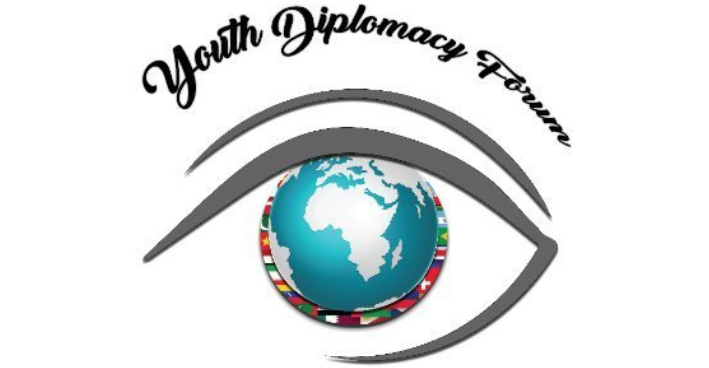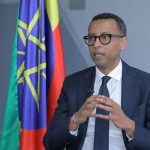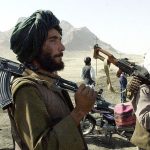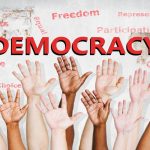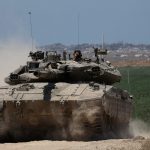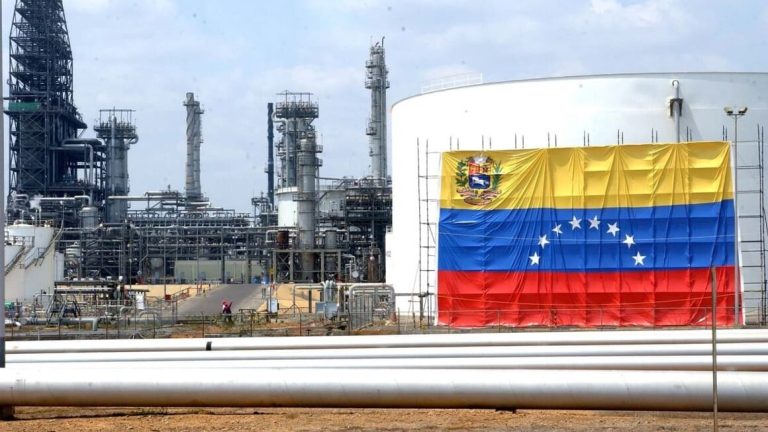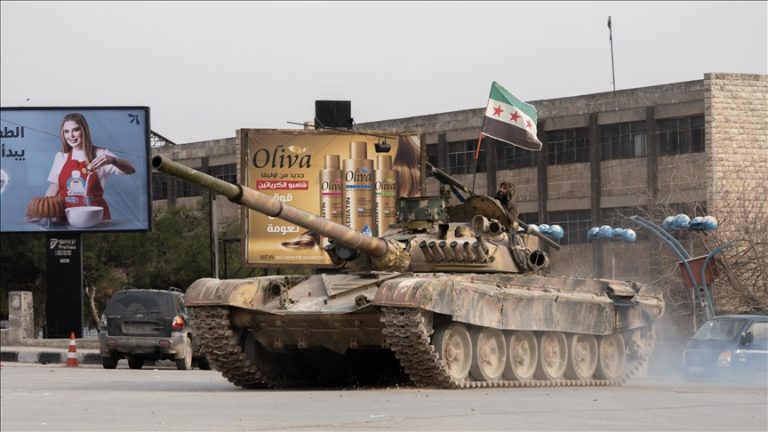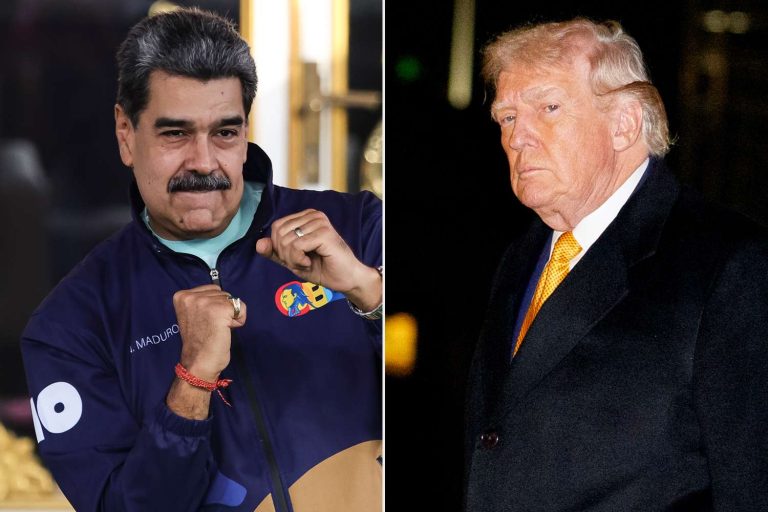Democracy means the Bludgeoning of the people by the people for the people” (Oscar Wilde)
Democracy is a Greek word that literally means “rule by the People”. This is one of the best forms of government ever created or protected by modern civilizations. It is a form of government that is widely supported Participation and promotion of people in government citizens’ ideas for the smooth functioning of society.
Democratic principles are governed and encouraged by the universal freedoms such as the right to participate directly or through freely elected government representatives.
Pakistan is considered predominant democracy in the Islamic world. Democracy allows people to choose their leaders or representatives. There are 167 countries around the world follows democracy, of which 166 countries are sovereign states and 164 are UN members states.
Game of Politics in Pakistan
From 2008 to 2013, for the very first time in the history of Pakistan, a political party named “Pakistan Peoples Party Parliamentarians” (PPPP), completed its 5 years tenure and stabilized the roots of democracy in Pakistan. A question raises here that, is that election defines the proper form democracy in Pakistan? Because the ground realities are depicting quite a different picture.
When we see the ground realities about democracy in Pakistan, the situation seems very worst and the political culture of Pakistan is driving on the basis of cast, sects and ethnicity.
One of political the political party gave the slogan of “ Jaag Punjabi Jaag” and the other political party gave the slogan of Sindhi nationalism like “jiay Sindh” and became the contractor of the politics of Sindh. There are also some religious political parties like Jamaat e Islami and Jamiyat Ulema-e-Islam which are basically grabbing people towards them on the card of Islam and one of them has used ‘book’ as its political signature which means, if you vote for us that means you voted for the Holy book “Quran” and if you are not going to vote for us that means you denied the holy book so this kind of extremist approach in the political sphere prevails in the democracy of Pakistan. Since 1958, in Pakistan the civil military relations are not very good, mostly both parties were never standing on the same page and that’s why the democracy didn’t worked for Pakistan.
Read More: https://youthdiplomacyforum.com/2022/12/07/china-qatar-gas-deal/
There are number of factor which are effecting badly on the democratic system of Pakistan like corruption, influential and political feudal lords, corrupt bureaucracy , bad civil military relations , weak election commission and sometimes the involvement of intelligence agencies in the political manipulation.
Moreover, flawed political culture and legal pluralism is another thing that is another unsafe picture of the future.
In Pakistan, if we look at the deep meaning of democracy, it is the steps of parliamentarians for their own good. Political parties have been working for the betterment of their own interest rather than for the sake of their own country.
In Pakistan one Democratic party transfers its power to another like a musical chair game and it is still considered as democracy in this country.
In the year 2018 Surprisingly the elections show up as the longest success of democracy without the involvement of military coup but elections 2018 held under the military security and according to some authentic analysts who covers the elections of 2018, these elections are quite transparent then before.
Unfortunately the meaning of democracy in Pakistan has been changed because in Pakistan the meaning of democracy lacks its true sense the reason is that people are quite unaware about democracy in Pakistan.
Pakistan’s democracy is a blend of Islamism and secularism that make democracy unique. People in Pakistan have different views belongs to different ideologies. Some people are secular and they believe in secularism and some are Islamist who believe in Islamic political system.
The problem is that in Pakistan people belongs to different ideologies, but democracy is designed to give people of different ideologies, an opportunity to participate in politics, elections and bring their true representatives to power.
Factors effecting democracy in Pakistan
Influential political feudal lords
In Pakistan there is a culture that only feudal lord and a son of feudal can participate in election because he has money and power and influence over local administration on behalf of money because the bureaucracy sitting in the local administration is also corrupt and they use politicians for their own interests.
After winning the election these feudal lords want their money back which they had spent on their election campaign and to bring that money back, they do more and more corruption and make more money then they spent in election and make the business of politics more profitable.
Read More: https://www.orfonline.org/expert-speak/the-state-of-democracy-in-pakistan/
Weak Election commission
There is no doubt that election commission of Pakistan is pretty weak to some extent because most of time it fails to implement the laws for elections and political parties and resultantly contestants always break the rules. For example if election commission set an amount of 1.5 million to spent on election campaign then politicians break that rule and spent above crores and give thousands of rupees to buy their loyalties and election commission can’t even stop them because the chairman of election commission is not a strong person because he is also appointed in the result of consensus between these political parties.
Civil-Military relations in Pakistan
Most of the independent analysts thinks that the Military establishment don’t believes on the credibility of political leaderships in Pakistan and thinks that political leadership can’t do good for the country and to some extent it has proved that civilian government failed in some situations and then military establishment corrected their mistakes.
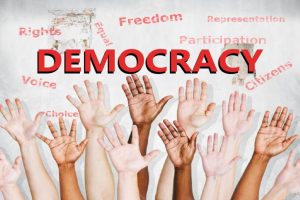
The era of General Zia was a dark night for politics and democracy of Pakistan. During Zia regime political activities were banned even in the universities, student politics was also banned and that is why since Zia regime Pakistan didn’t produce any student politician which could come out of grass root level and represent the people in a true manner.
The prominent workers of political parties were beaten on government orders. After the assassination of General Zia in the plane crash, the democracy in Pakistan was entered in a new phase and game of musical chair is played in the politics of Pakistan. From 1988 to 1999, both PPP and PMLN fighting for throne and Pakistan’s democracy and politics was used badly in the hands of these two political parties and most of the time Pakistan’s establishment was involved in political manipulations.
Operation Midnight Jackal and politics of Pakistan
In September 1989 the (ISI) inter services intelligence covertly launched an operation to gather the information about the hors-trading activities and movement of vote of no confidence against the elected government of Benazir Bhutto. Major Amir of ISI had given this task to fetch information about this movement by meeting with the politicians which are seems to be involved in that horse-trading. At the same time when Major Amir was having meetings with those politicians the (IB) Intelligence bureau had launched another operation and recording the cassettes of those meeting regarding hors-trading.
At the end IB had revealed those cassettes and blamed Major Amir for involving in the political manipulation but on the other hand Major Amir stated that, I was working under the orders of my DG and authorities can confront me with DG and I will prove that I am not guilty.
Cabinet members of Benazir Bhutto insisted that Army should do court Marshal of Major Amir and this shows their grudge with establishment but army didn’t do that and just announced the early retirement of Major Amir on the basis of default of service. This kind of political wrestling caused destabilization of democracy and create confrontation between the institutions of Pakistan and also effected civil-military relations and created hurdles in prevailing transparent democracy in Pakistan.
Conclusion
The implementation of actual democracy in Pakistan is surely not a hot cake because there are some hurdles in implementing of democracy in a true sense. At the end of this paper it is concluded that bad Civil-Military relations are the major hurdle in the way of democracy in Pakistan.
Both parties are having trust issues with each other and in between the lay man gets suppressed and that is why the economic growth graph of Pakistan is shifting downward day by day.
Since the PTI leader Imran Khan came into power, the hope of good Civil-Military relations are awakes and people are hopeful to see both civil and military leaderships on one page because this is in the favor of prosper Pakistan and this is the era of economic world, and true democracy is the way of survival in this modern economic world.
This article is written by Hamza Raheem, graduate of International Relations from National University of Modern languages, Islamabad, Pakistan. he is interested in youth cooperation and diplomacy. Moreover, he is also a deputy general secretary of Youth Diplomacy Forum and a core team member.
